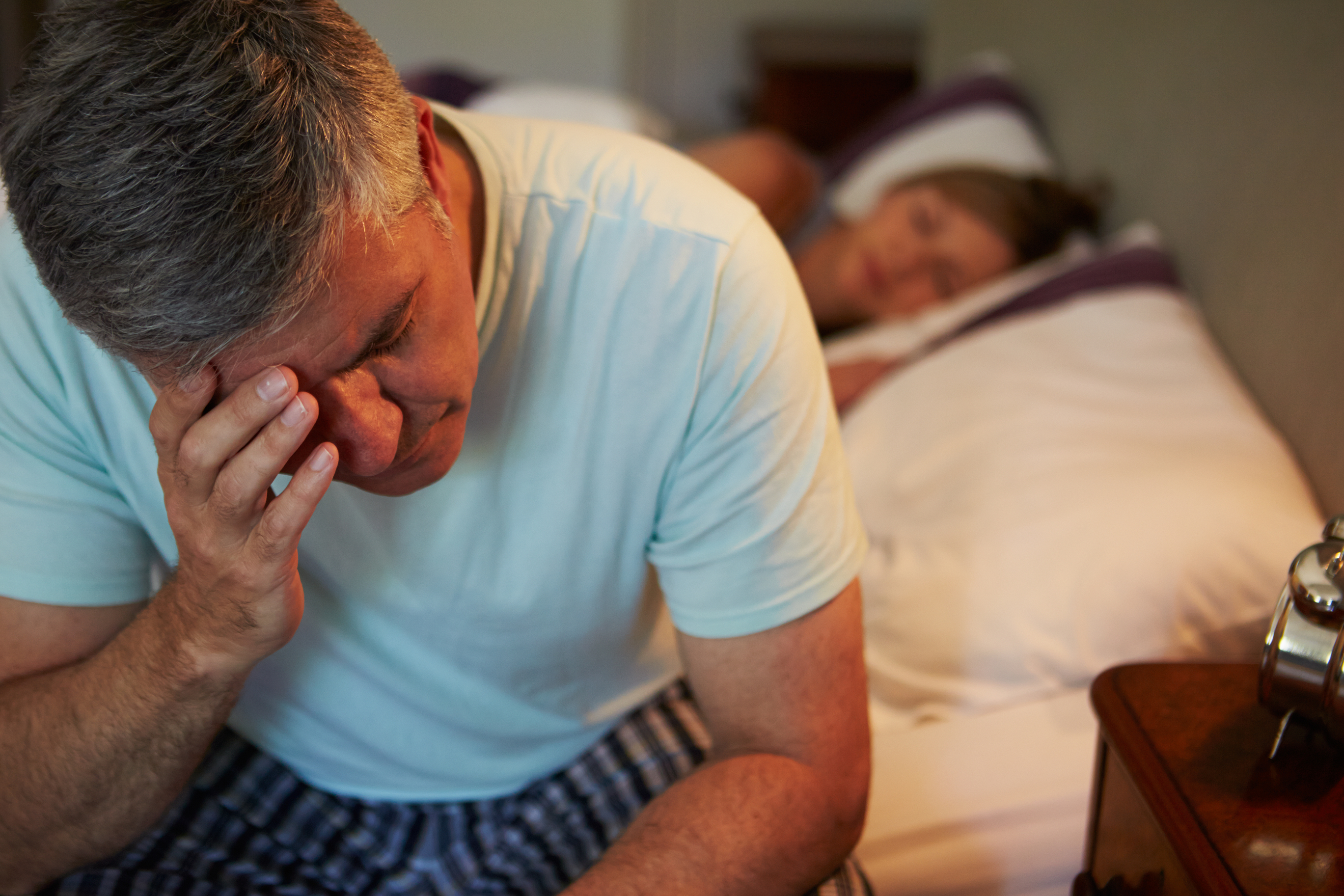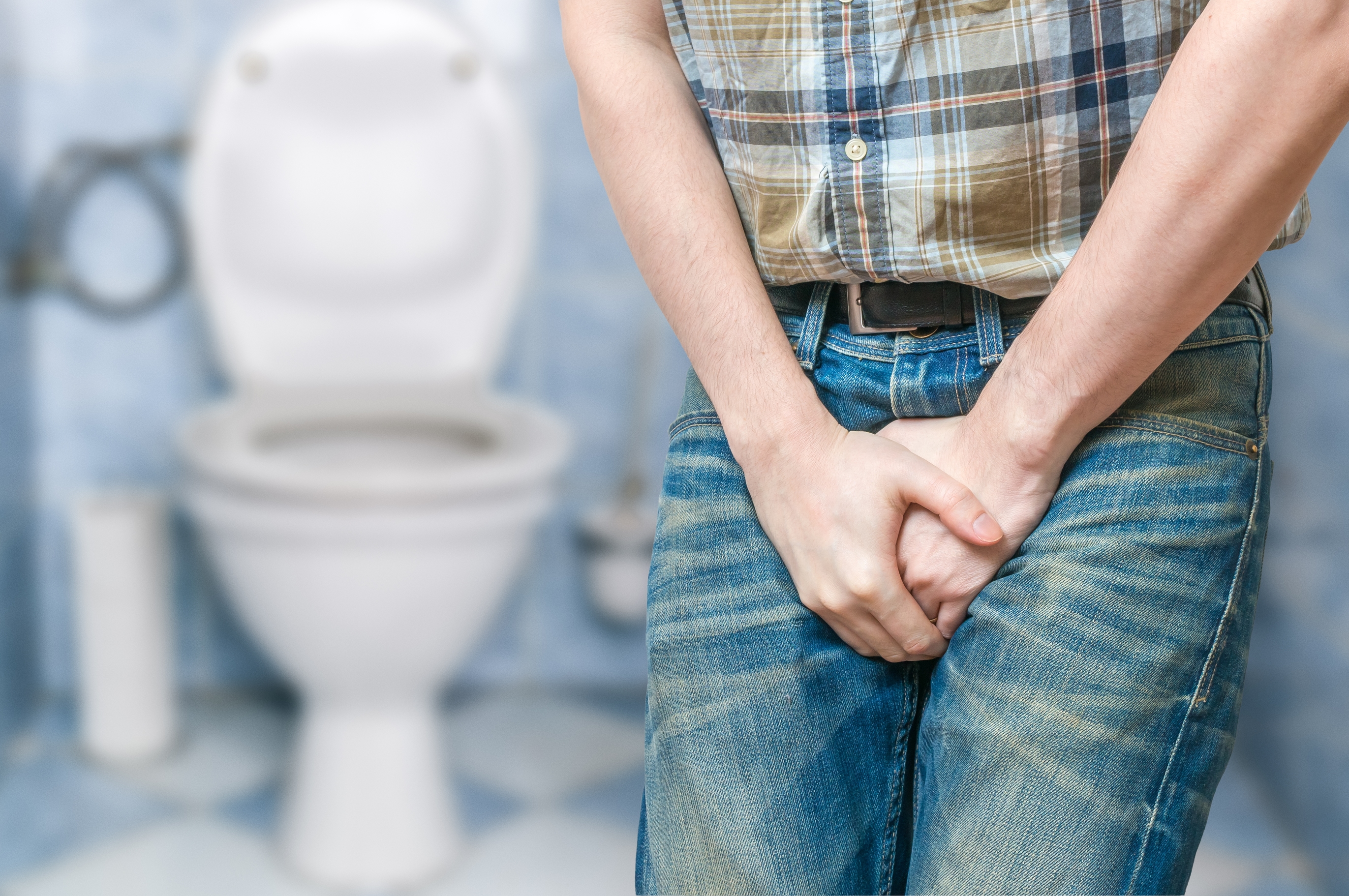Causes and Treatments of Bedwetting in Adults
Adult bedwetting, otherwise known as secondary enuresis, occurs when there is a loss of bladder control during the night resulting in nocturnal enuresis. Although the condition is embarrassing, it should not be ignored as it might be a sign of an underlying condition. Many treatment options are available depending on the type of cause. Some possible factors include diabetes, hormonal imbalances, an enlarged prostate, and sleep apnea. Here are some causes and treatments to be aware of.
6. Causes

Causes of adult bedwetting can be both physical and psychological and may include diabetes, bladder cancer, neurological disorders, side effects of medication, prostate cancer or enlargement, urinary tract infections or urinary tract stones, and obstructive sleep apnea. Other various causes of adult bedwetting may include acute anxiety or emotional disorders, a small bladder size, and constipation. Hormonal imbalances can trigger bedwetting in some people. Many hormonal problems are caused by adrenal or thyroid dysfunction such as in autoimmune thyroid disease, Hashimoto’s disease, and hyperthyroidism.
5. Antidiuretic Hormone

Everyone produces a hormone known as the antidiuretic hormone or ADH, which is responsible for telling the body when to slow down the production of urine at night. This lower volume of urine allows most healthy people to sleep all night or at least a majority of the night without having to get up to use the bathroom. Some people do not make enough of this hormone, which may lead to nocturnal enuresis as their bladders cannot hold high concentrations of urine.
